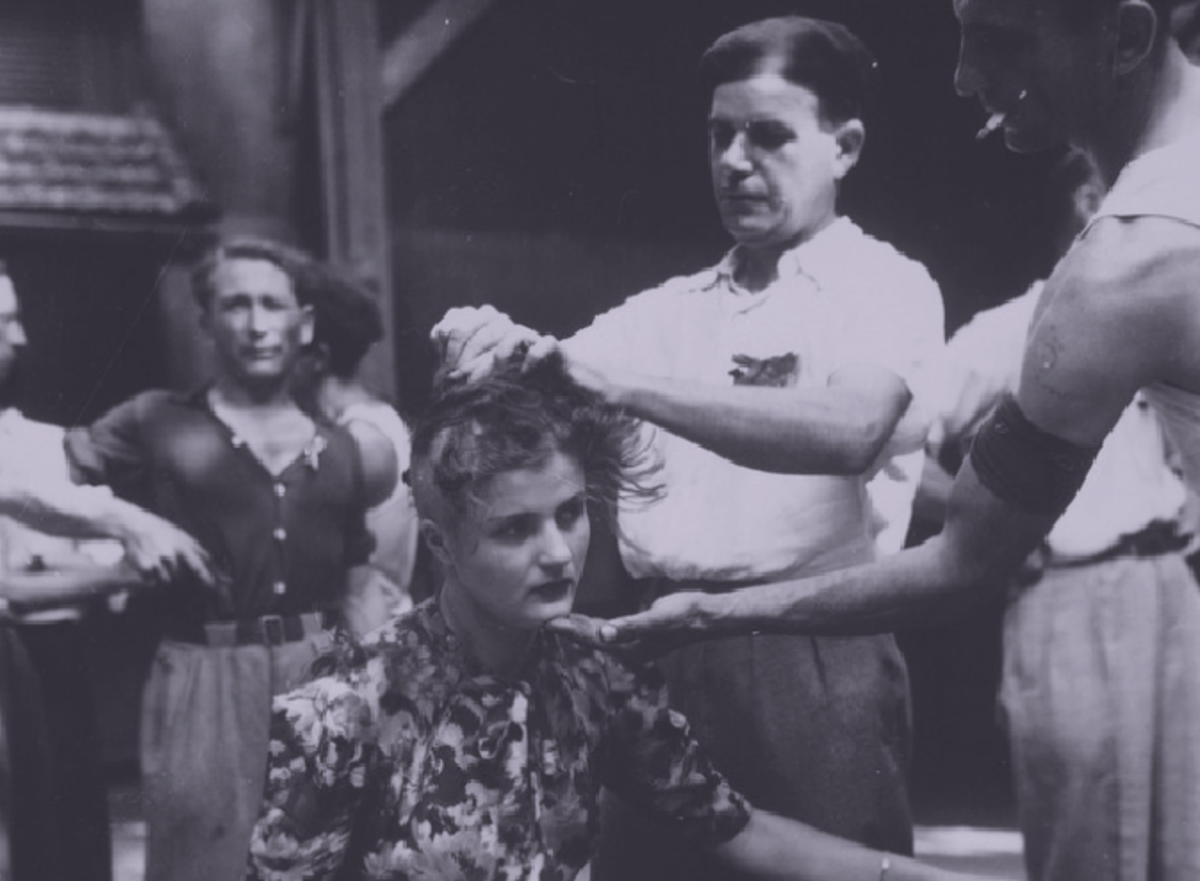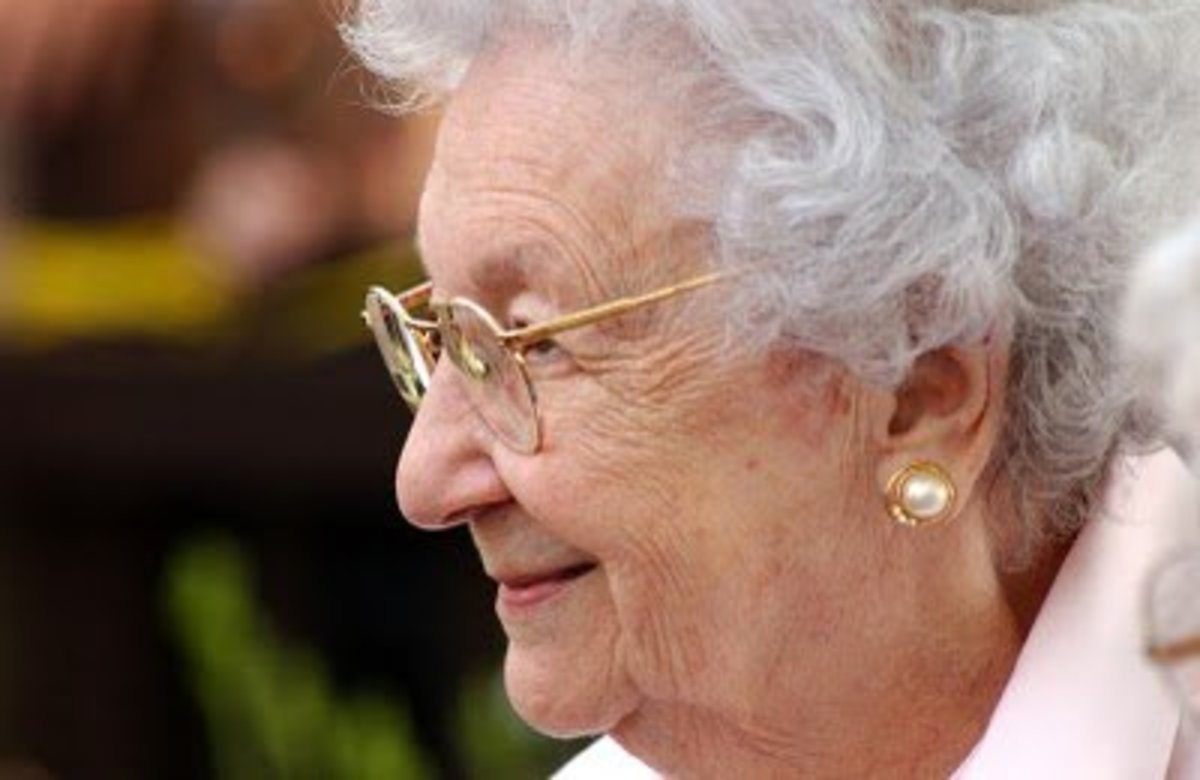Exercise and "Less is More": the book The First 20 Minutes Explains Remarkable Research
Surprising Science Reveals How We Can EXERCISE BETTER - TRAIN SMARTER - LIVE LONGER
Opinions on the right type of exercise, the right length of time to exercise, the right time of day to exercise and the benefits of exercise abound. The currently generally accepted advice suggests a minimum of 30-60 minutes of mild cardio three to five times per week, bookended by warmups and stretching.1 However, in her book The First 20 Minutes, Gretchen Reynolds sets out recent research suggesting that the common knowledge may be incorrect.2
While Ms. Reynolds, like all other writers on the subject of exercise and related matters, addresses (a) what type of exercise, (b) for what length of time, and (c) at what intensity. She divides her emphases between what appears to work for both athletes and "regular" people, and also discusses the effectiveness of exercise in weight control and in mitigating the negative effects of aging. I will emphasize here the information presented for "regular" people on the theory that the hard-core are more up on the type of science presented.
What Type of Exercise Is Best for Regular People?
As the title suggests, to maintain general fitness more than 20 minutes of moderate cardio is all that is necessary. More apparently does not produce greater benefits. In this respect, the law of diminishing returns appears to kick in early.

How Hard Should I Exercise?
For regular folks, it is not necessary to follow the mandate of "no pain, no gain." As long as exercise is regular, moderate exertion is enough to obtain the general health benefits of exercise.
The trick here is move around a lot during the course of a day, rather than maintaining one general body position for long periods.
Can I rely on Exercise for Weight Control?
The response here is an astounding "no." Unless one is willing to really put forth substantial physical effort, moderate exercise produces little if any weight control benefit. It does, however, generate on-going health benefits associated with exercise on its own.
Exercise and Aging
For general health, moderate exercise, including maintaining movement during the day, reduces or delays the effects of aging. Notably, certain genetic conditions that may come on with age may be ameliorated or not expressed at all with regular, moderate activity.3 This reader especially recommends Chapter 9, Survival of the Fittest, with its discussion of how exercise versus a sedentary life style appears to affect one's genetic structure.
Surprising Findings
Significantly, Ms. Reynolds reports results of recent research suggesting surprising findings, among others, such as:
- stretching may not be all that important;
- "core strength" is nice, but may not be all that necessary;
- chocolate milk may be better for recovery after exercise than a sports drink.
CONCLUSION
The book's tone is conversational. It is easy, clear, interesting reading. If you are interested in getting on with less in this more world, this reader recommends the book to you.
Note 1:
- What is the minimum amount of exercise required in a week? - Yahoo! Answers
How much cardio should I do, and how much exercise…
Note 2:
Gretchen Reynolds is an award winning journalist for The New York Times. Ms. Reynolds work has or can be seen in O, The Oprah Magazine; AARP magazine, Popular Science, Outside, and other publications. The book is published by Hudson Street Press, 2012; hardback, $29.95US; 257 pages exclusive of index; 266 total.
Note 3:
- PHYS ED - Well Blog - NYTimes.com
Describes mental and other benefits of exercise.





